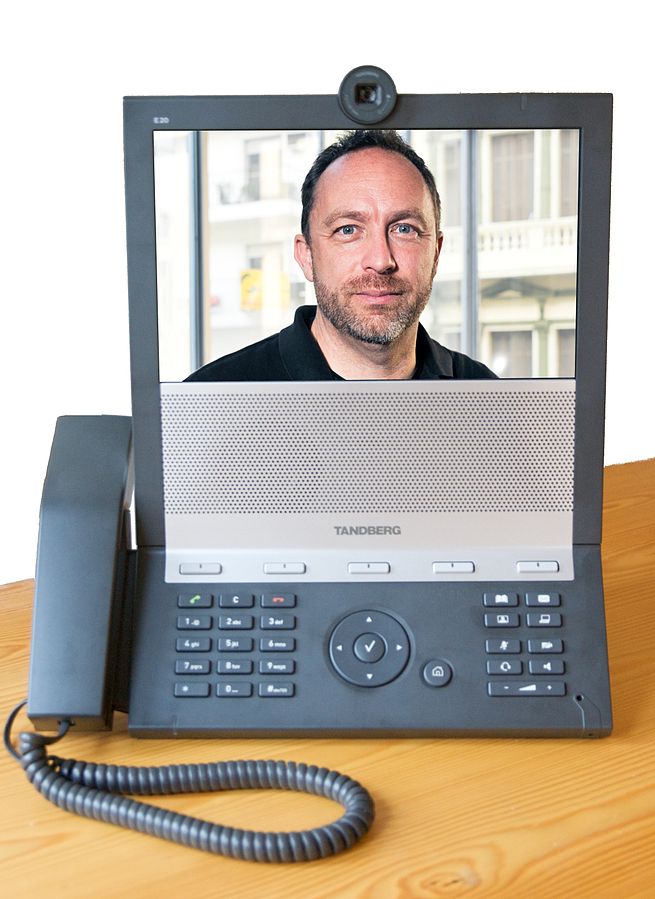VoIP is the hot new phone service for businesses to stay connected; approximately 42% of all businesses currently utilize VoIP services, and that figure is climbing. Companies are choosing VoIP instead of Analog phone lines due to its relatively low cost, its high level of features, and its flexible service.
According to the marketsmorning.com article, VOIP: Businesses Voiding Standard Phone Lines For The New It-Technology, “By the year’s end in 2015 it is expected that over 30 million households in the U.S. and 65% of all businesses would switch over to some form of VoIP service and ditch traditional phone lines.” Will your company be one of them?
VoIP is Cost Effective Compared to Traditional Systems
VoIP systems are much less expensive than installing and maintaining traditional PBX systems. Not only will you save on the initial setup and monthly service, but on equipment as well. You save by not having to install phone lines and jacks, and you no longer need to purchase phones for each employee.
Actually, you don’t need to purchase phones at all if you don’t want to. Desktop computers, laptops, tablets, and smartphones can all be enabled to make phone calls with VoIP. This is an especially convenient and cost effective option for small businesses and startups with a limited or remote staff.
A High Level of Innovative Calling Features
Certain VoIP providers, such as MegaPath, offer feature-rich phone systems for single and multi-site businesses. Some calling features available with VoIP services include:
· Call transferring – Stay connected on the go with the ability transfer calls between phones and devices. You can pass current calls from your office telephone to your cell phone to stay connected while on important business calls.
· Call forwarding – Are you going to be out of the office for the day, but you have a client calling this afternoon? Quickly and easily forward your calls to your home or mobile phone, or set your line to ring at multiple locations, so you never miss a call.
· Direct to voicemail – If you’re in an important meeting and don’t want to be disturbed, set all calls to go directly to voicemail. Check the messages at your convenience.
· Visual Voicemail – Instead of listening to your voicemails, view them as emails with visual voicemail. Email copies of the transcription to need-to-know staff.
· Free site-to-site calling – A great feature for multi-site operations, free site-to-site calling helps keep your company connected and communicating throughout the day without any additional cost to the business.
The Flexibility to Work Remotely
In an article for Talk Business Magazine, James Passingham, Founder and CEO of Foehn, notes the flexibility of VoIP as a major draw for small businesses. Especially those that choose to recruit and hire remote employees, as this is an area where VoIP really shines.
With VoIP, no matter where they are, your remote staff have the same calling and conferencing abilities as your in-house employees. They can receive and make business calls from anywhere using an internet connection and device of their choice. Smartphones and tablets seem to be the top equipment for tech nomads, working on the go.
Although cost is a major determining factor when it comes to choosing VoIP, it’s not the only reason. A long list of features and the flexibility to take calls when and where you want them are certainly convenient for today’s always-on-the-go workforce. That perfect combination of price, features, and flexibility is why more and more businesses are choosing VoIP over Analog for their communication needs.
